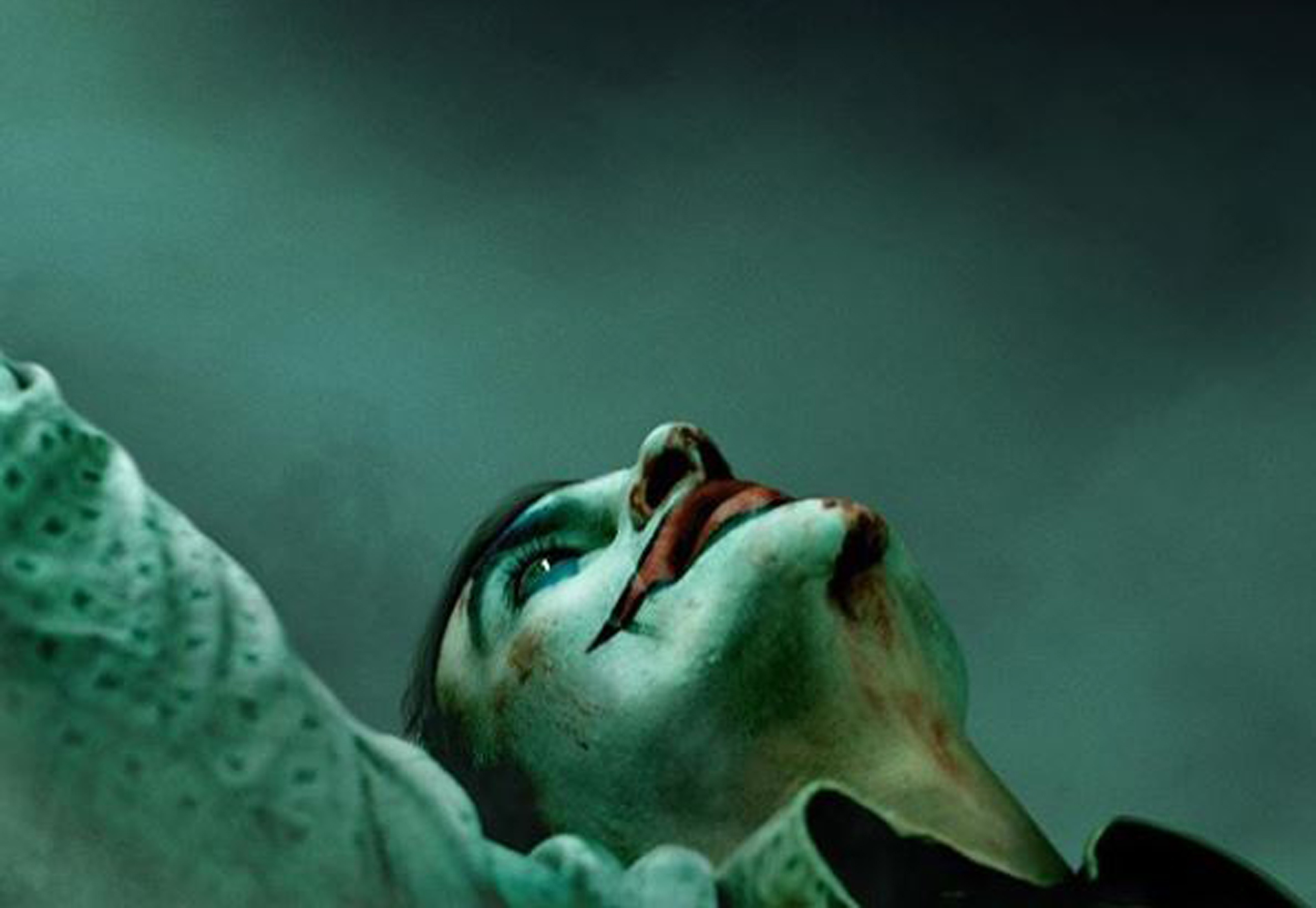
Ahead of the release of Joker, Todd Phillips’ violent origin story of Batman’s arch-nemesis, this meme and many others like it have been circulating on social media. While the message hits home for most of us as we stop scrolling through Instagram to ponder the tragic, postmodern condition of life, the joke is in bad taste for people like Sandy and Lonnie Phillips.
The couple, whose daughter had been shot and killed during a midnight screening of The Dark Knight Rises in 2012, are among those who have recently sent a letter to Warner Brothers concerning the new film. Directing their pleas at the company’s CEO Ann Sarnoff, the family members and friends of the Aurora victims remind her of Warner Brothers’ responsibility as a corporate leader to keep the American people safe.
In the letter, the group admits that the idea of a film about a mentally-ill man driven into violence by society stopped them in their tracks, seeing as their daughters, sons and friends were murdered “by a socially isolated individual who felt ‘wronged’ by society.” Others have since suggested that the portrayal of an ostracized man who turns to gun violence might encourage others of a similar pathology. Time’s Stephanie Zacharek calls the film out for lionizing and glamorizing Arthur Fleck (The Joker) in what she describes as “aggressive and possibly irresponsible idiocy.”
This criticism is exacerbated by a rumour that had been spread at the time of the Aurora shooting. At a press conference shortly after, Ray Kelly, the police commissioner in charge of the investigations, claimed that the shooter had referred to himself as the Joker and suggested that his dyed red hair had been a tribute to Batman’s enemy. While this rumour has since been disputed by the district attorney who prosecuted the shooter, it has proven to be persistent and is bound to add fuel to the current debate.

At Venice Film Festival in August, “Joker” earned critical acclaim for the very thing it has been heavily criticized for: its likeness to real life. Joaquin Phoenix has been praised for his portrayal of a struggling individual who encounters an unsympathetic society. According to Variety’s Owen Gleiberman, the film’s importance lies in the very fact that it unfolds “in the real world.” It is these parallels that make the viewer empathize with Arthur in a way that creates an internal conflict with regards to his increasingly more violent and random killings towards the end of the film. For this reason, Phillips’ choice to portray the main character as someone you cannot help but feel sorry for is much-contested.
And yet, the depiction of the Joker as a psychopath who enjoys killing is not owned by films like Todd Phillips’ Joker or Christopher Nolan’s The Dark Knight but is rather based on the DC comics. Over the years, the figure of the Joker has changed considerably. When he made his first appearance in an issue of Batman in 1940, he was featured as a sadistic serial killer. However, according to The Film Theorists’ Matthew Patrick, comic books began to be blamed for “all juvenile delinquency” in the 1950s, which led to the implementation of the Comics Code Authority. Among other things, this rule book dictated that in comics, “crimes shall never be presented to create sympathy for the criminal.” As a result, the Joker became a petty thief and a prankster. It was only during the Bronze Age of comic books in the 1970s that the figure of the Joker was reinstated as a psychopathic murderer.
Considering the evolution of comic books, it is evident that the depiction of psychopathic violence has been around for decades. Mass shootings, however, have only been on the rise in recent years. It is reasonable to assume that the events in recent history have sensitised us to (gun) violence to an extent where we assume a logical connection between the violence in popular media and real life. Perhaps the question should not be whether these kinds of films inspire individuals to become mass shooters, but rather which conditions enable them to do so.
This is why the families of the Aurora victims have not asked Warner Brothers to stop the release of Joker but have used the buzz around the film as an opportunity to address a pressing concern in the US: gun control. In particular, they want the corporation to help create a safer environment by using their “political clout and leverage in Congress to actively lobby for gun reform.” While the age-old debate about the impact of violence in films is certainly relevant, the film provides an equally important incentive to further the discussion on how to prevent mass shootings, which boils down to the need for more effective gun control. In any case, Joker is certain to be at the centre of heated debates for many weeks to come.
Image Credit: Deadline

